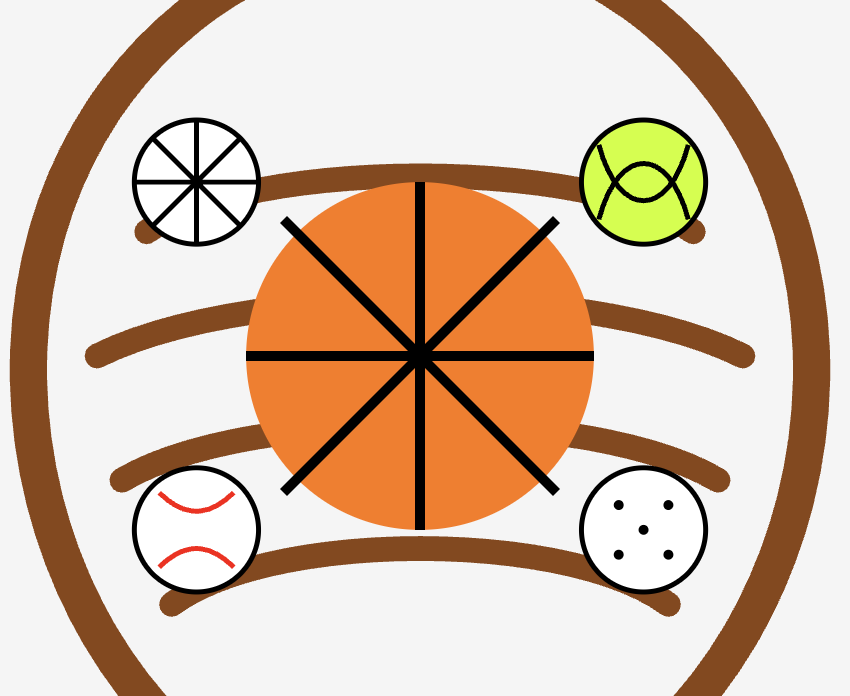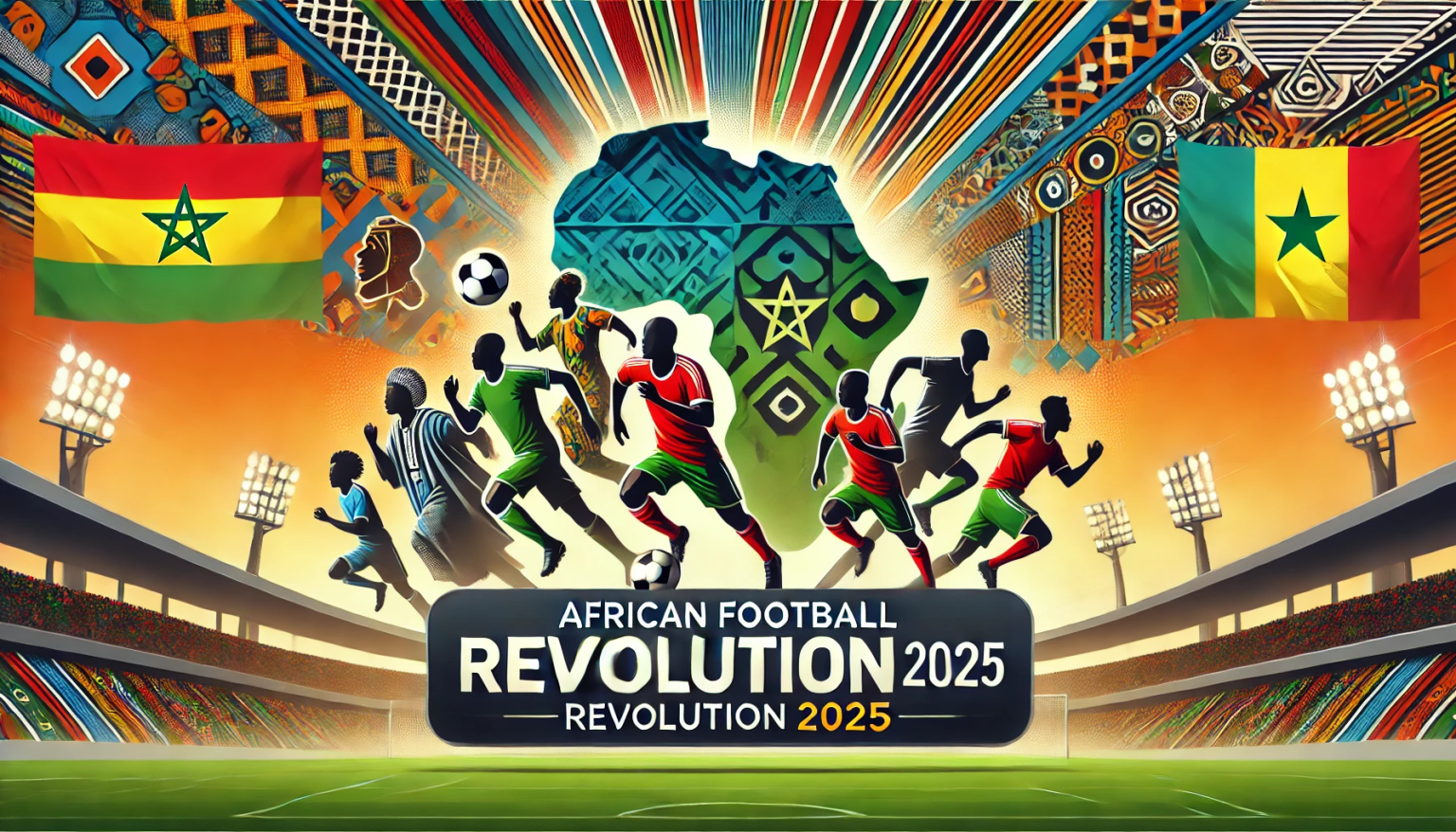Introduction
African football is rising faster than ever. No longer seen as underdogs, teams like Morocco, Senegal, and Nigeria are now real contenders on the world stage. With world-class talent, tactical discipline, and growing experience, African nations are ready to challenge for the FIFA World Cup — and 2030 might be the breakthrough moment.
Why African Football Is Rising
1. World-Class Players in Top Leagues
African stars are shining in Europe’s biggest clubs, gaining the experience needed to win on the global stage.
| Player | Country | Club |
|---|---|---|
| Achraf Hakimi | Morocco | Paris Saint-Germain (France) |
| Victor Osimhen | Nigeria | Napoli (Italy) |
| Sadio Mané | Senegal | Al-Nassr (Saudi Arabia, formerly Bayern) |
| Mohammed Kudus | Ghana | West Ham United (England) |
| Edouard Mendy | Senegal | Al-Ahli (formerly Chelsea) |
2. Strong Domestic Leagues and Youth Development
Countries like Morocco and Nigeria are investing in youth academies, local leagues, and coaching education.
Morocco’s success in FIFA World Cup 2022 (semi-finalists) was built on years of domestic football development.
3. Experienced Coaches and Tactics
African teams now employ top tactical minds, mixing European coaching techniques with local talent.
Example: Walid Regragui led Morocco to an unbelievable World Cup run using compact defense and counter-attacks.
Morocco – Leading the Way for Africa
Morocco made history in Qatar 2022, becoming the first African team to reach the semi-finals.
With stars like Hakimi, Ziyech, and En-Nesyri, they are ready to challenge even stronger in 2026 and 2030.
Morocco’s Strengths:
- Solid defense led by experienced players.
- Explosive wingers and fullbacks.
- Strong team spirit and belief.
Senegal – African Champions with a Point to Prove
As AFCON winners, Senegal has already shown they can win major titles.
Led by Sadio Mané and Kalidou Koulibaly, Senegal combines physical strength, skill, and tactical discipline.
Key Strengths:
- Solid defense, tough to break down.
- Powerful attack, fast counter-attacks.
- Goalkeeper Edouard Mendy, world-class shot-stopper.
Nigeria – The Sleeping Giant of African Football
Nigeria is one of Africa’s most talented squads, with young stars ready to shine.
Though inconsistent recently, Nigeria’s team is packed with attacking talent like Victor Osimhen and Ademola Lookman.
What Nigeria Brings:
- Fast-paced, attacking football.
- Dangerous strikers in top European leagues.
- Huge pool of emerging young talents.
What’s Needed for African Teams to Win the World Cup?
| Need | Why It Matters |
|---|---|
| World-Class Preparation | Compete with Europe/South America’s training levels. |
| Tactical Maturity | Adapting strategies to beat stronger teams. |
| Consistent Investment | Developing youth, coaching, and infrastructure. |
| Competitive Friendlies | Facing top-tier teams regularly. |
How FIFA World Cup 2026 & 2030 Can Be Game Changers
With 48 teams in World Cup 2026, more African teams will qualify — giving more chances to shine.
If Africa can build on Morocco’s 2022 success, a semi-final or final appearance is realistic in the next tournaments.
Top Emerging African Players to Watch for 2030
| Player | Country | Position |
|---|---|---|
| Mohamed Kudus | Ghana | Midfielder |
| Victor Boniface | Nigeria | Striker |
| Bilal El Khannouss | Morocco | Midfielder |
| Pape Matar Sarr | Senegal | Midfielder |
| Anass Zaroury | Morocco | Winger |
Predictions for African Football Future
| By 2026 | By 2030 |
|---|---|
| At least one African semi-finalist. | Possible African finalist or winner. |
| More African players in top 10 global transfer lists. | African players as Ballon d’Or contenders. |
| Growth of domestic leagues. | Full professional youth setups in more nations. |
Conclusion
African football is on the verge of something historic. Morocco has shown that with the right mix of talent, tactics, and belief, African teams can compete with the world’s best.
With Nigeria and Senegal also pushing forward, the dream of an African World Cup champion is closer than ever.
2030 could be Africa’s moment to shine on the biggest stage.



















